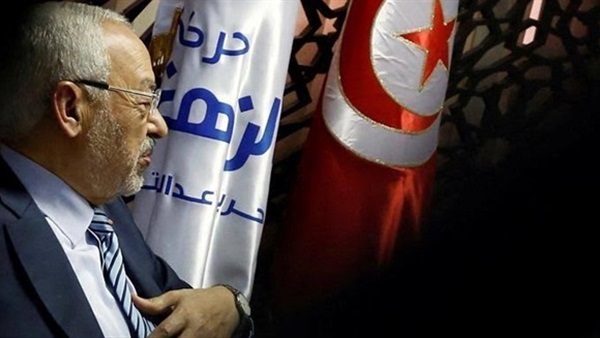Demand for Liberation of Quranic Schools from Brotherhood’s Control in Tunisia

The Tunisian National Observatory for the Defense of State
Civility has called for the closure of Quranic schools and associations that
are said to be controlled by the Brotherhood. The observatory accuses these
institutions of ideologizing the minds of children and contributing to the creation
of a “new terrorist generation.” According to the observatory, nearly four
thousand Quranic schools are currently operating in Tunisia, despite the
government’s security campaign against the Brotherhood and its affiliated
organizations.
After the Arab Spring in Tunisia in 2011, charities
affiliated with the Brotherhood spread across the country. This led to the
establishment of hundreds of Quranic schools that sympathized with the state of
chaos that followed the overthrow of former President Zine El Abidine Ben Ali.
These schools were allowed to operate until January 2019, when a school in the
Regueb area of Sidi Bouzid governorate was discovered to be indoctrinating
children with extremist ideas.
Following the discovery, the Tunisian government launched a
security campaign, which resulted in the closure of dozens of Quranic schools
and the arrest of a number of their employees on charges of human trafficking,
child exploitation, and suspicion of belonging to a terrorist organization.
The Tunisian Ministry of Religious Affairs has confirmed
that it does not have any authority over the educational content provided by
Quranic schools. The ministry has stated that it is moving towards more
regulation of the Quranic book sector and does not recognize anyone who works
outside of state writers or any education that operates outside the
institutional framework.
Last year, the Tunisian parliament investigated a number of
Quranic schools after police arrested teachers who taught children military
instructions using extremist terms. At that time, the Ennahda Party, the
Brotherhood’s arm in the country, denied any involvement in the incident.
The Brotherhood is accused of controlling Quranic schools in
Tunisia, with these institutions believed to be among the group’s most
important arms in the country. The Tunisian National Observatory for the
Defense of State Civility is now calling for the liberation of these schools
from the Brotherhood’s grip.
Despite the concerns raised by the National Observatory for
State Civility, many Tunisians still believe that Quranic schools provide a
valuable education for their children. In addition to being affordable, these
schools offer a religious education that is highly valued by many families.
However, as activist Osama Ali points out, the problem lies in the religious
content that is taught, which may not be suitable for children. He emphasizes
that this is a pressing issue that needs to be addressed, as it could have
serious consequences for the country's future.
The government has made some efforts to regulate the Quranic
school sector, but more needs to be done. According to Ali, it is important to
strike a balance between respecting people's religious beliefs and ensuring
that children are not exposed to extremist ideologies. He suggests that the
government should work with reputable Islamic scholars to develop a curriculum
that is both religiously and academically sound, and that can be taught in a
way that is appropriate for children. With the right approach, it may be possible
to address the concerns of the National Observatory for State Civility while
also providing a valuable education for Tunisia's youth.









